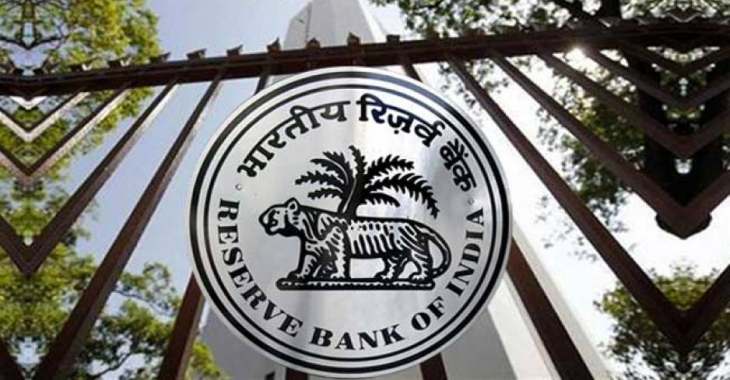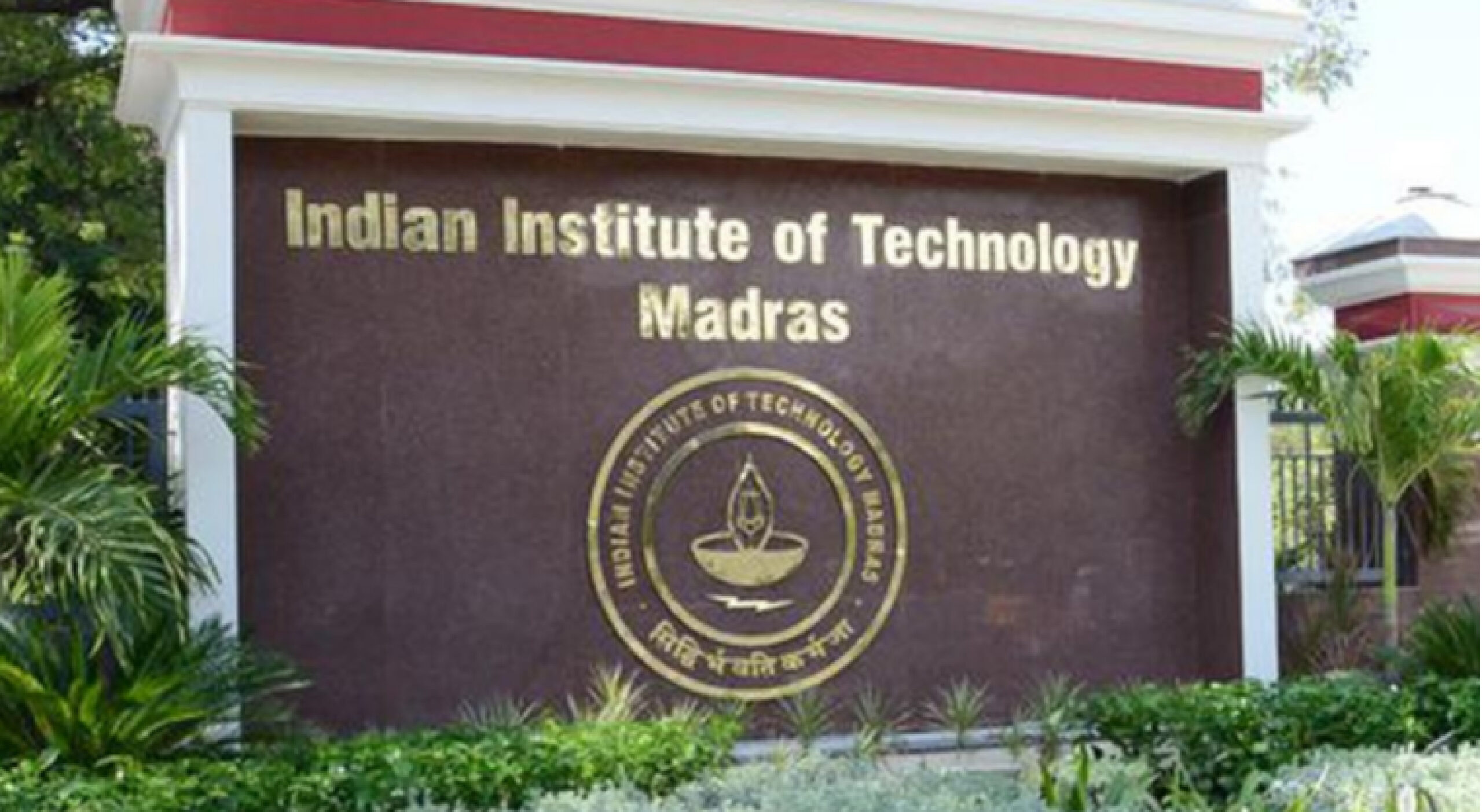RBI Opens Doors for Small Finance Banks to Upgrade to Universal Banks
- ByStartupStory | April 27, 2024

Reserve Bank of India (RBI) has officially invited applications from qualified small finance banks (SFBs) to escalate their operations to the level of universal banks. This invitation is extended to those SFBs that meet specific eligibility criteria set by the central bank, highlighting a pivotal move towards expanding the scope and capabilities of these financial institutions within the country’s banking sector.
As of the last financial quarter, interested SFBs are required to demonstrate a minimum net worth of Rs 1,000 crore and must have their shares listed on a recognized stock exchange to be considered. The RBI’s eligibility criteria also stipulate that these banks must have recorded a net profit for the last two consecutive financial years and maintained Gross Non-Performing Assets (GNPA) and Net Non-Performing Assets (NNPA) of less than or equal to 3% and 1%, respectively.
“The existing promoters of the eligible SFB, if any, shall continue as the promoters on the transition to a universal bank,” the RBI stated, underscoring the continuity in management despite the transition. Additionally, during this transformative phase, the introduction of new promoters or changes in the current promoter structure will not be allowed.
This move traces back to the RBI’s guidelines issued in November 2014, which laid down the framework for the licensing of small finance banks, aiming to enhance financial inclusion by providing basic banking services to the economically underserved sections of society. Since then, the landscape has evolved with approximately a dozen SFBs such as Au Small Finance Bank, Equitas Small Finance Bank, and Ujjivan Small Finance Bank making significant strides in the sector.
The criteria for transitioning into a universal bank also include meeting the prescribed Capital-to-Risk Weighted Assets Ratio (CRAR) and showcasing a satisfactory performance track record for at least five years.
In December 2019, the RBI had outlined a pathway for SFBs to evolve into universal banks, and this latest announcement is a continuation of that policy, aiming to bolster the robustness of India’s banking system by integrating more full-service banks. This transition is anticipated to allow former SFBs to offer a wider range of financial services, thereby competing more effectively on a larger scale and further contributing to the financial stability and growth of the Indian economy.









